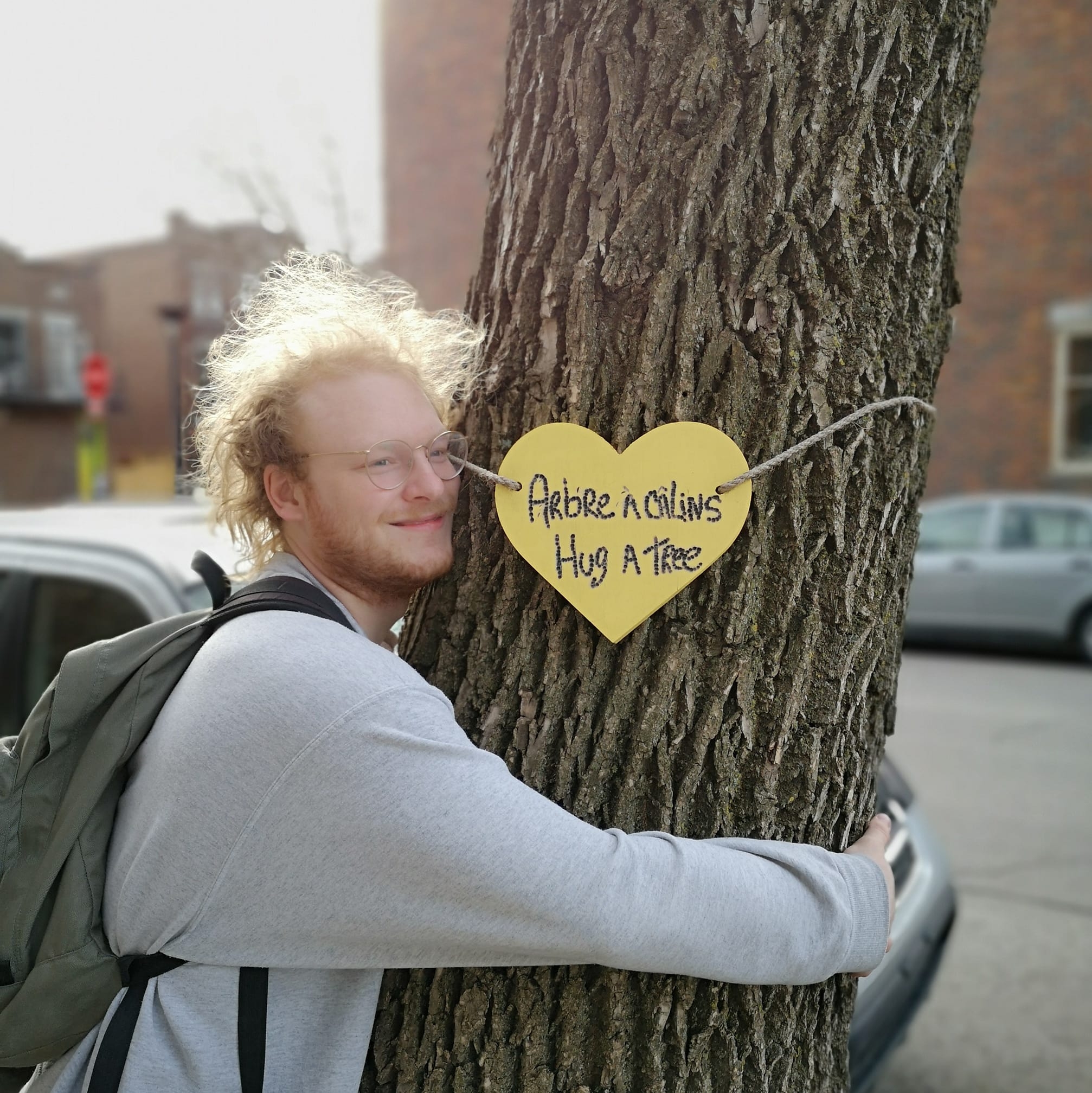About The Event
This is the second installment of the meeting in Groups, Logic and Dynamics. We will be meeting in New Brunswick at the beginning of the spring season.
Where
Rutgers, The State University of New Jersey.
When
Saturday
March 23
Schedule

Antoine Poulin
Complexity of Archimedean orders on \(\mathbb{Z}^n\)
Abstract
In recent years, Calderoni, Marker, Motto-Ros and Shani studied the complexity of the automorphisms of Archimedean orders on \(\mathbb{Q}^n\), finding that it was a non-smooth countable Borel equivalence relation. For \(\mathbb{Q}^2\), the techniques were particular to 2-dimensions, using Möbius transforms on the projective line. They asked what was the status for \(\mathbb{Q}^n\). Using techniques from ergodic theory, based in the work of Zimmer and Popa–Vaes, we give answers to these questions, looking at the automorphisms of Archimedean orders on \(\mathbb{Z}^n\). We will also look at different questions and discuss possible future lines of research.

Sahana Balasubramanya
Non-recognizing spaces for stable subgroups
Abstract
A popular avenue of research in geometric group theory is to produce a "recognising" hyperbolic space for stable subgroups. In this context, largest acylindrical actions have proved fruitful to study for certain well-known examples of acylindrically hyperbolic groups, including mapping class groups and right angled Artin groups. This prompts the question whether the largest acylindrical action (if it exists) always serves as a recognizing space. I will talk about recent work where we produce a counterexample to this claim. This is part of joint work with M.Chesser, A.Kerr, J.Mahangahas and M.Trin.

Nicholas Vlamis
The virtual Rokhlin property for topological groups
Abstract
A topological group has the Rokhlin property if it contains a dense conjugacy class; it has the virtual Rokhlin property if it contains a closed finite-index subgroup with the Rokhlin property. I will discuss how this topological property can have algebraic consequences (e.g. obstructing the existence of abstract homomorphisms) and geometric consequences (e.g. implying boundedness properties for the group). I will also present joint work with Justin Lanier in which we classify the surfaces whose homeomorphism groups have the virtual Rokhlin property.

Turbo Ho
Decision problem for groups as equivalence relations
Abstract
In 1911, Dehn proposed three decision problems for finitely presented groups: word problem, conjugacy problem, and isomorphism problem. These problems have been central to both group theory and logic, and were each proven to be undecidable in the 50s. There is much current research studying the decidability of these problems in classes of groups.
Although these problems are classically studied as decision problems, each of them is naturally an equivalence relation. In this talk, we study them as equivalence relations and compare them using computable reductions. This leads to a more refined measure of their complexity and brings new results and questions.

Party
Details to be announced at the meeting.
Event Venue
Rutgers, New Brunswick
Rutgers Academic Building 1170 (RAB-1170)